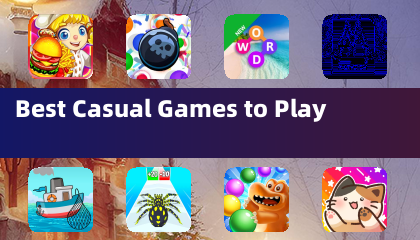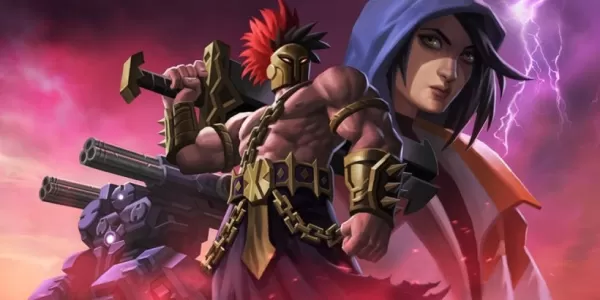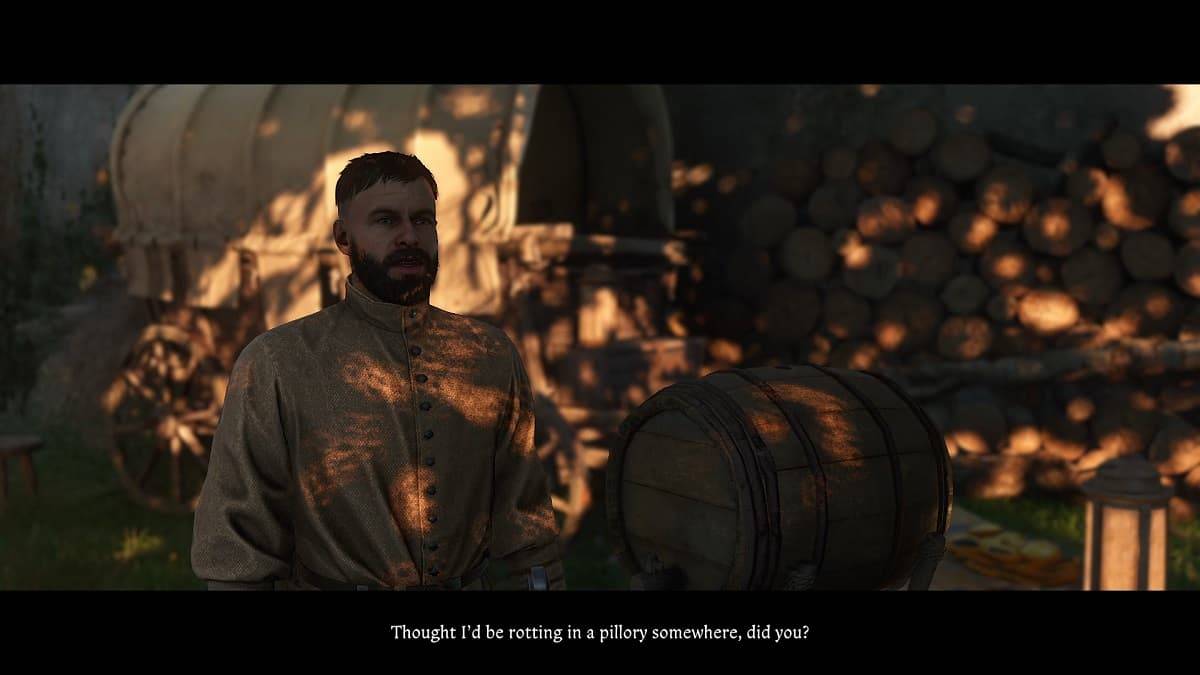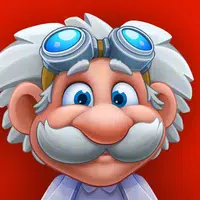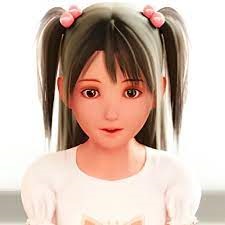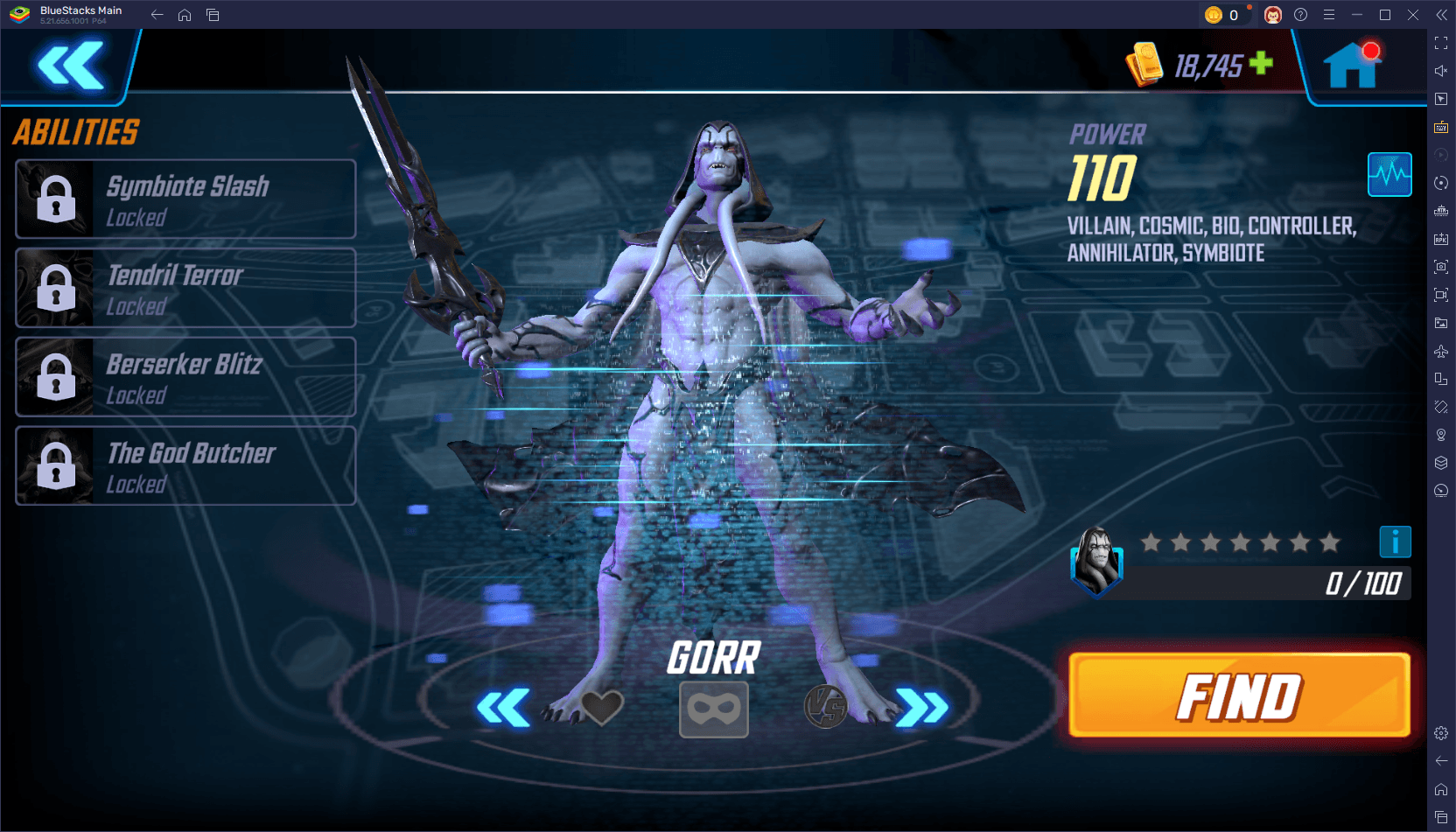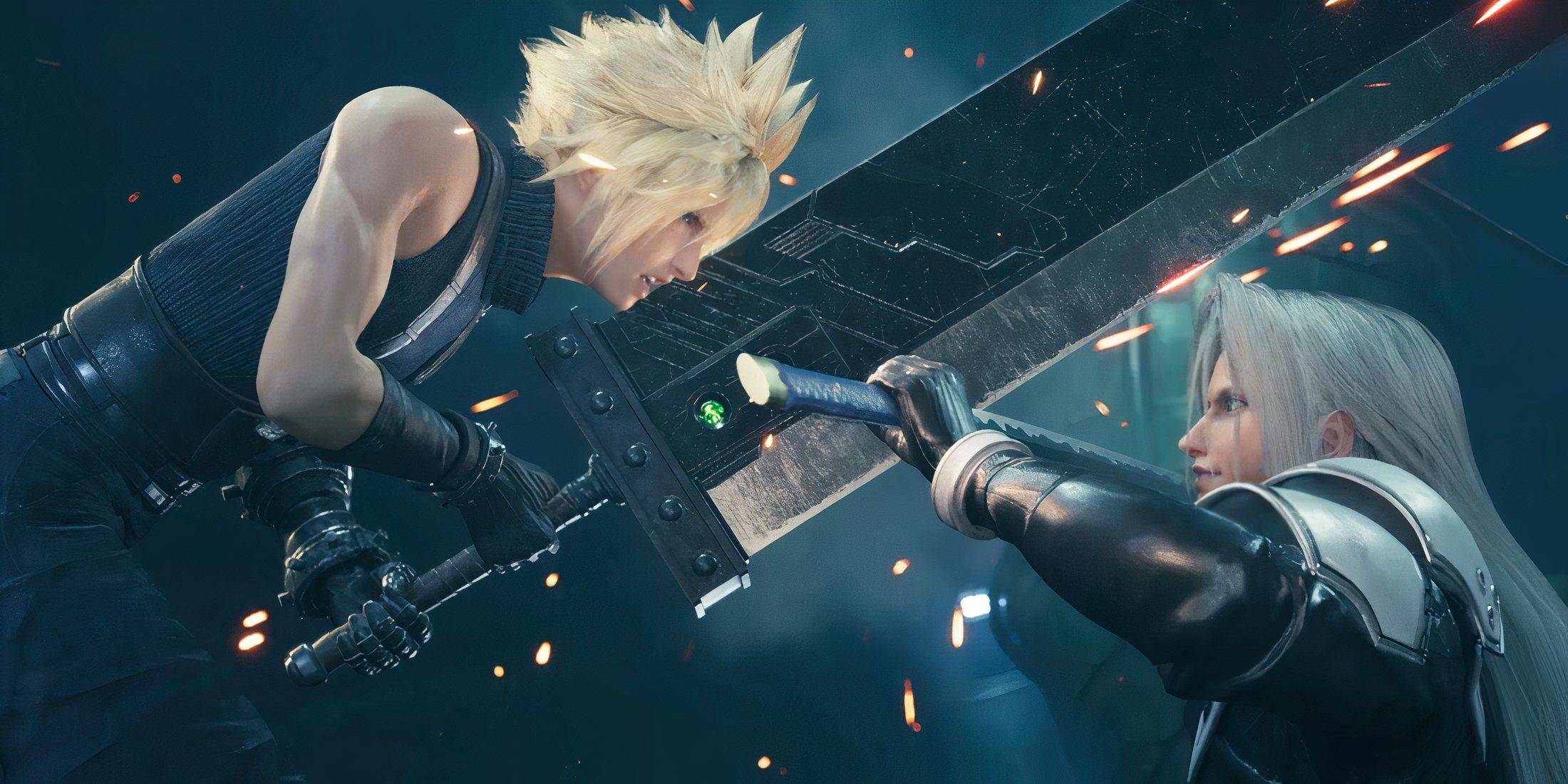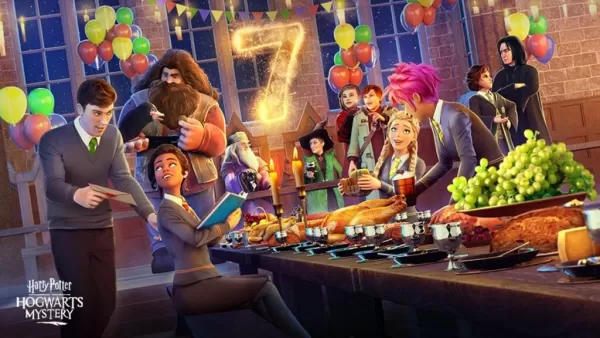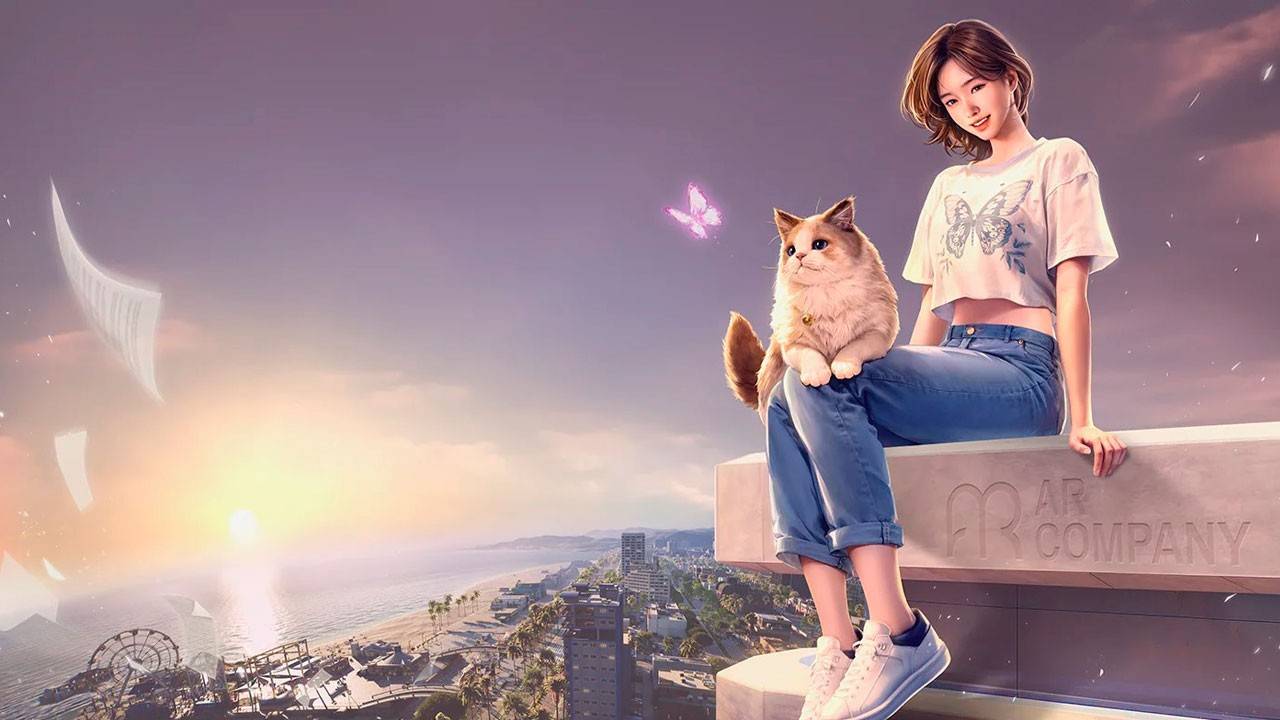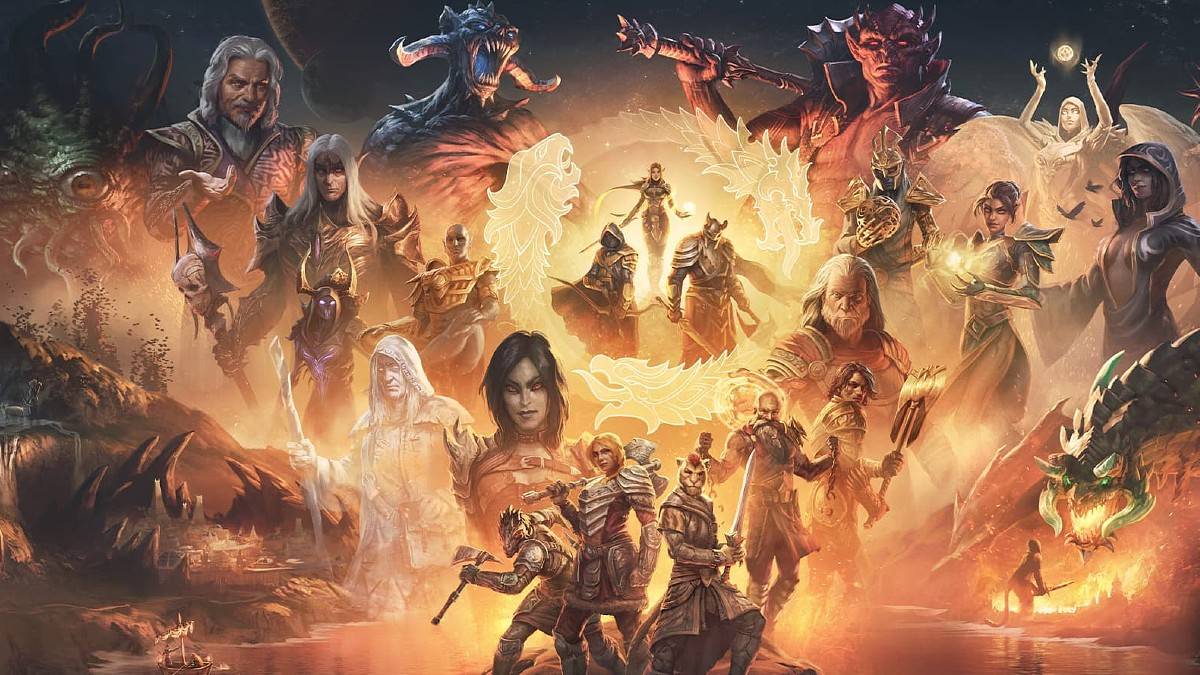Ever since Nintendo officially unveiled the Switch 2, the gaming community has been eagerly anticipating the upcoming April Direct. This event is expected to provide us with the official release date, price, and a confirmed lineup of games for the new console. However, the unexpected announcement of another Nintendo Direct the week prior, featuring major titles like Pokémon Legends Z-A and Metroid Prime 4, caught many by surprise. Yet, given Nintendo's commitment to backward compatibility, perhaps this shouldn't have been too shocking.
Before this week's Nintendo Direct, Nintendo made it clear that "There will be no updates about Nintendo Switch 2 during the presentation." While this statement held true—there was no direct mention of the Switch 2 beyond a reminder about the upcoming Direct and the introduction of the new Virtual Game Card sharing system—it's not a stretch to assume that all the games showcased this week will be playable on the Switch 2. Officially, these games are slated for release on the original Switch, but the implication is clear.
This approach benefits everyone involved. Those continuing with the original Switch have plenty to look forward to as it enters its eighth year, while those upgrading to the Switch 2 can rest assured that they'll have access to an extensive library of games right from the start.
Nintendo's dedication to backward compatibility is setting the stage for what could be one of the smoothest transitions between console generations we've ever seen. While the excitement for what the Switch 2 can offer and its new game lineup is palpable, Nintendo's cautious approach with the hardware ensures that all bases are covered. The recent Nintendo Direct didn't seem focused on boosting Switch 2 pre-orders or pushing people to upgrade, and this inclusive strategy deserves recognition. Nintendo is essentially extending an invitation to everyone, whether you plan to buy a Switch 2 at launch, upgrade later, or continue using your existing Switch.
This explains why showcasing a plethora of Switch games just days before a dedicated Switch 2 Direct posed no risk. Beneath the surface, Nintendo was laying the groundwork for the upcoming transition. A key feature introduced was the Virtual Game Card system, which allows Switch owners to link two consoles and share digital games. This feature is particularly relevant with the rise in digital game sales and is reminiscent of Steam's family sharing system. But why introduce it so late in the Switch's lifecycle, with the Switch 2 on the horizon? The answer lies in smoothing the transition to the new console.
Some have noticed that the fine print for the Virtual Game Card system mentions a "Switch 2 Edition" for certain games. Whether this implies exclusive enhancements for Switch 2 versions that make them incompatible with the older Switch, exclusive re-releases only playable on the Switch 2, or something else, remains unclear. However, just as Nintendo previously stated that "Certain Nintendo Switch games may not be supported or fully compatible with Switch 2," this fine print seems to be a precautionary measure to cover any games that might not be shareable.
Regardless of what the fine print signifies, Nintendo's approach to the Switch 2 transition feels almost ceremonial, akin to how Apple transitions from one iPhone model to the next. You don't have to upgrade, but there are clear advantages if you do, and you can bring your existing games along for the journey.



